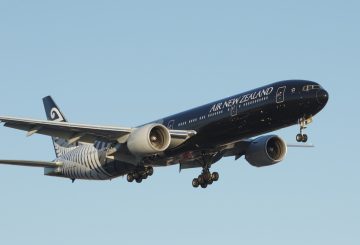With the UN’s International Civil Aviation Organization forecasting that aviation emissions could triple by 2050 from their 2015 level, some countries are taking action by outlawing short flights where rail is a viable alternative.
Airbus, the world’s biggest aircraft maker, is betting that hydrogen-powered planes could be a solution for zero-emissions flying. It says it will have a model for commercial use by the middle of next decade. However, the company says that planes powered by hydrogen will be realistic only in the latter half of the century.
The typically long certification timelines for new aircraft and the advancements that still need to be made with hydrogen, including how to store it and generate enough energy for takeoff and landing, mean that airlines and aerospace companies need an interim solution to allow them to meet their public commitments of net zero carbon emissions by 2050.
Sustainable aviation fuels (SAF), an umbrella term for substitutes to fossil-based kerosene, have emerged as a bridge to zero-emissions aircraft. In its push for net zero, the European Union wants all aircraft fuel to contain 2% SAF starting in 2025, rising to 63% by 2063.
Credit: stuff.co.nz






























































